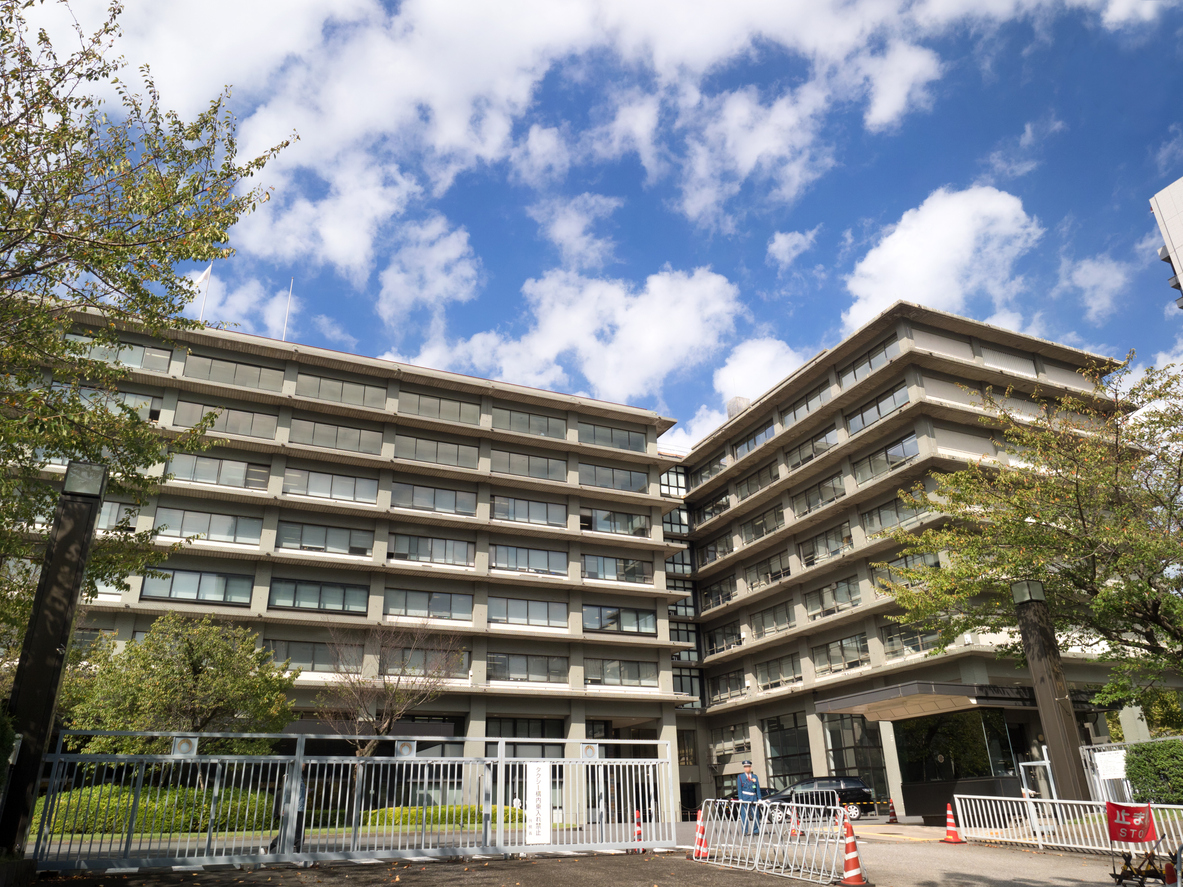2021/10/11
The Financial Services Agency Newly Formed Economic Security Office - Strategic Integration and Functional Coordination with Existing Organizations is Essential

(The original article in Japanese was posted on September 3, 2021)
The Financial Services Agency (FSA) in Japan has included the cost of establishing the “Economic Security Office” in its draft budget request for fiscal year starting April 2022. The guidance system for financial institutions will be strengthened from the perspective of security, given the conflict structure between internationalized financial transactions and increasingly complex national interests. Specifically, the supervision will cover procurement sources of IT system equipment, measures against cyber-attacks on core systems, and management systems for information of financial transactions.
Needless to say, behind this establishment of the new Office, there are the escalating confrontation between the U.S. and China and the growing tension in international affairs. In particular, one of the challenges for Japan is how to respond to the rules of the U.S., where stronger sanctions are required under above-mentioned circumstances.
The U.S. is tightening application of the scope of regulations through the Office of Foreign Assets Control (OFAC) to make the regulations more effective. The purpose of the regulation is to cut off the flow of funds of nations, corporations and individuals that the U.S. has specified for sanctions. Therefore, not only the parties to be sanctioned but also counterparties are subject to the regulations. This means that even indirect transactions through subsidiaries are subject to different sanctions such as large fines, asset freezes, and suspension of transactions with U.S. financial institutions. In other words, as for businesses with foreign companies, mergers and acquisitions, investments and loans, etc., it is necessary to check the capital and business relationships of the other side. I hope that the new organization will not stop at “supervisory” work, but will also provide crisis management services such as the collection and evaluation of risk information with an “aggressive stance”.
In 2015, Xi Jinping declared “civil-military integration,” strongly promoting the policy of technology transfer from other countries’ companies. The Ministry of Economy, Trade and Industry (METI) established the “Economic Security Office” in June 2019 to strengthen the system to prevent from the outflow of important technologies, especially in the field of advanced technologies, in response to the fact that it is no longer possible to control the technology transfer only by controlling export items. Meanwhile, in August 2020, the Ministry of Foreign Affairs (MFA) also undertook an organizational restructuring within the Foreign Policy Bureau, launching the “Economic Security Policy Division.”
On August 31, the Economic Security Policy Division has posted a staff recruitment notice on its website. The duties include collecting and analyzing information on economic and security policies in industry, science and technology, information and communication, international trade, investment, and cyber security, etc., in various countries, as well as planning and drafting policies. The roles and authorities of the “economic security” teams of the MFA, the METI, and the FSA probably differ. Nevertheless, as far as I understand from the MFA’s staff recruitment guidelines, concerns about duplication of functions cannot be dispelled.
I wonder if the National Security Secretariat of the Cabinet Secretariat is the higher authority for economic security. If so, it is necessary to strengthen the roles as a strategic control tower at this level. The centralization of decision-making and clarification of the responsible entities are required in order to rapidly develop consistent policies in the fields of diplomacy, industry, finance, education and research.
This Week’s Focus, September 3
Takashi Mizukoshi, the President